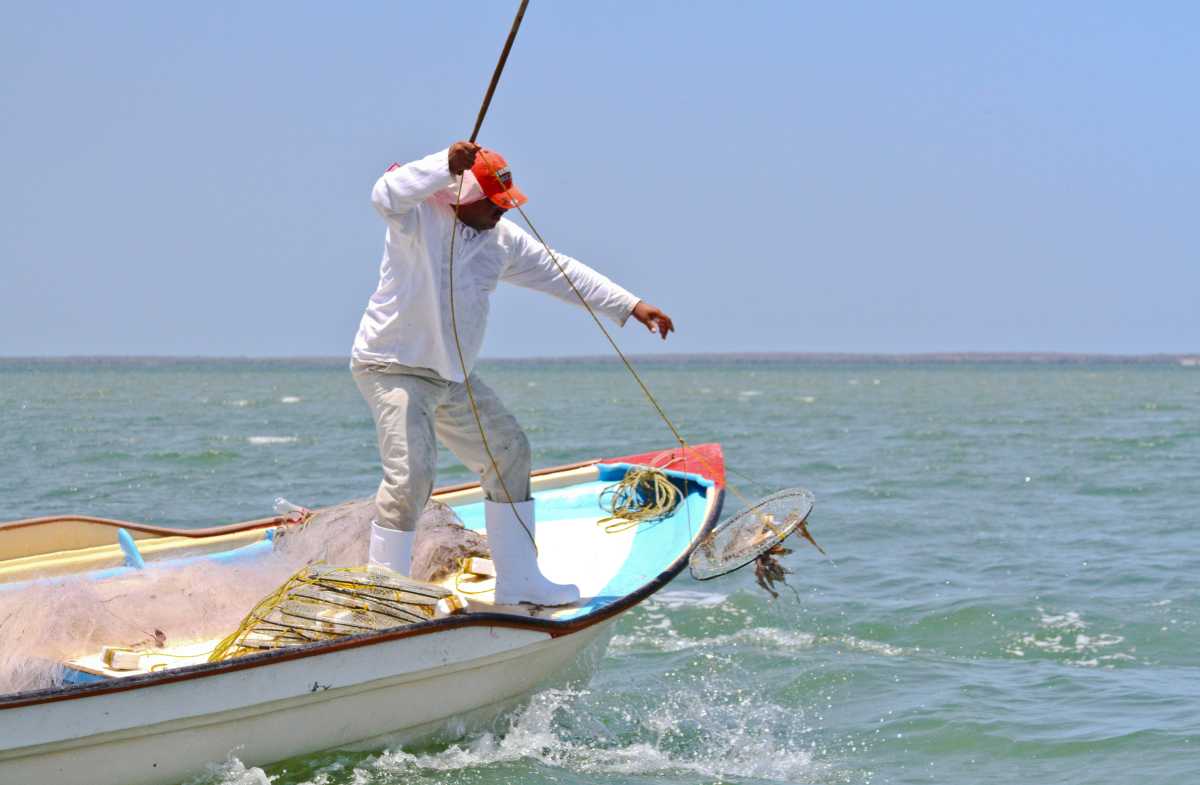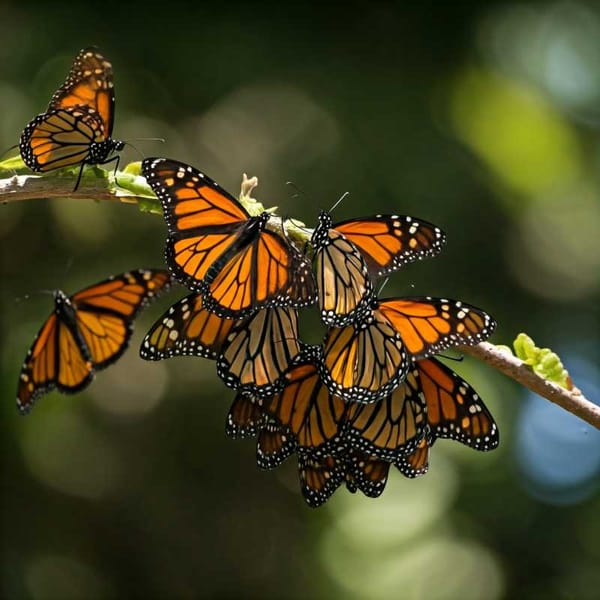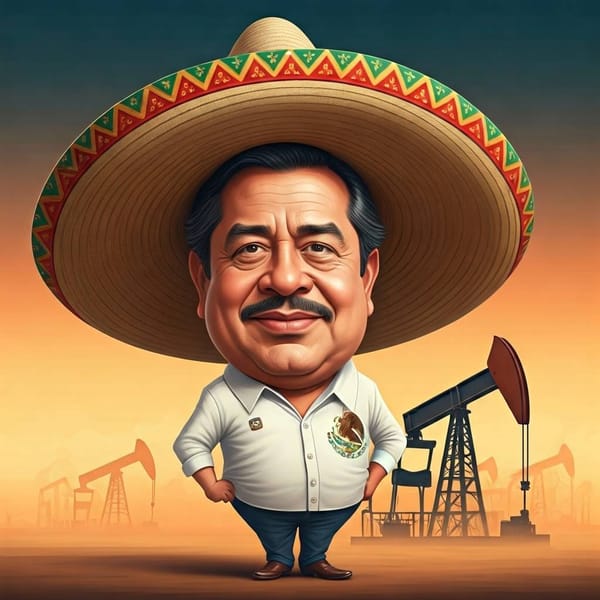Why We Should Give a Damn About World Fisheries Day
World Fisheries Day highlights the importance of sustainable fishing practices. Mexico, with its rich fishing tradition, is taking steps to protect marine ecosystems. By promoting responsible fishing and conserving marine biodiversity, the goal is to ensure a sustainable future.

Let me take you to a scene: the vast, blue expanse of the ocean. It’s the kind of place where men in battered boats, with skin like leather and spirits as untamed as the sea, set out at dawn with nothing but hope and hooks. These are not your polished boardroom types—no sir, they’re real people doing real work. And let’s be honest, they’re far more interesting. This November 21st, as we raise our glasses to World Fisheries Day, it's about time we remember that these people are the unsung heroes keeping our dinner plates interesting and our oceans in balance.
Fishing, you see, isn’t some modern, boardroom-invented, tech-driven phenomenon. It’s older than civilization itself. Paleolithic humans were chucking sharpened sticks into rivers long before they figured out how to grow wheat or herd goats. And they were eating fish for the simple reason that fish are delicious. This ancient craft has been handed down through generations, particularly in countries like Mexico, where it’s not just a job; it’s a heritage. If your father was a fisherman, chances are you’d follow him out to sea, learning to tie knots and mend nets before you could even spell “sustainability.”




